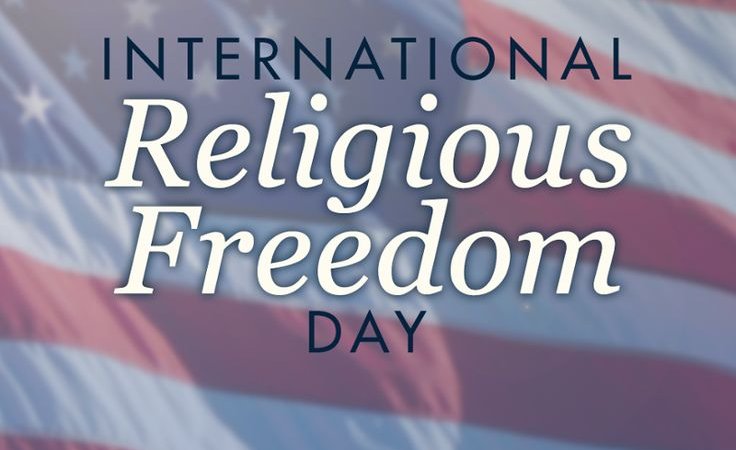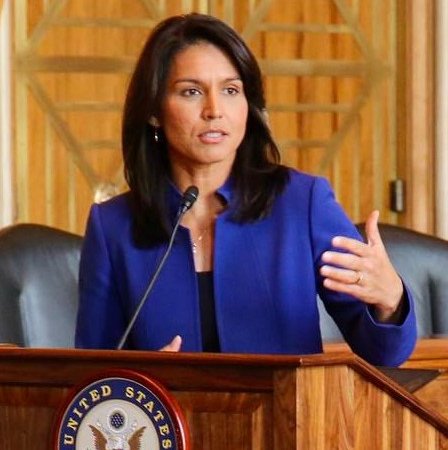
-
HOME
-
WHAT IS STANDOur Mission Our Values Our Help Contact
-
WHAT WE FIGHT FORReligious Freedom Religious Literacy Equality & Human Rights Inclusion & Respect Free Speech Responsible Journalism Corporate Accountability
-
RESOURCESExpert Studies Landmark Decisions White Papers FAQs David Miscavige Religious Freedom Resource Center Freedom of Religion & Human Rights Topic Index Priest-Penitent Privilege Islamophobia
-
HATE MONITORBiased Media Propagandists Hatemongers False Experts Hate Monitor Blog
-
NEWSROOMNews Media Watch Videos Blog
-
TAKE ACTIONCombat Hate & Discrimination Champion Freedom of Religion Demand Accountability
Are Science and Religion Compatible? New Survey Explores the Question
Historically, science and religion have been sometimes harmonious, sometimes bitterly at odds. To explore that relationship, Pew Research Center recently conducted the study On the Intersection of Science and Religion.
While earlier studies examine the question of the compatibility of science and religion from a Christian point of view, this new study attempts to get a broader picture by looking at the intersection from the perspective of Muslims, Hindus and Buddhists in Malaysia and Singapore.

The research, which included quantitative data from other global surveys, centered on in-depth, one-on-one interviews. These showed that, while there are common patterns of attitude and opinion within each religion, there is no single universally held view on the relationship between science and faith.
Many Muslims, for example, put forth the idea that science and Islam are compatible in most ways but acknowledged a conflict when it came to the theory of evolution—a conflict shared with many members of the other Abrahamic faiths, Judaism and Christianity, which hold in common with Islam the belief that God spontaneously created the Earth and Adam and Eve.
On the other hand, Hindus and Buddhists interviewed saw no conflict with evolution. Hinduism is polytheistic and has an entirely different view of creation and Buddhism doesn’t have any story of creation at all.
The bulk of the report details nuances in belief and opinion among the respondents, showing areas of agreement and disagreement within and between religions.
An average of 66% of Hindus said that science has never disagreed with the teachings of their religion, with numbers ranging from 48% to 77% depending on country of residence. An average of 63% of Buddhists also saw no disagreement, with a range of 50% to 76% depending on country. Muslims had the widest disparity of opinion: an average of 57% saw no conflict, but the numbers ranged from 32% to 83% depending on country.






